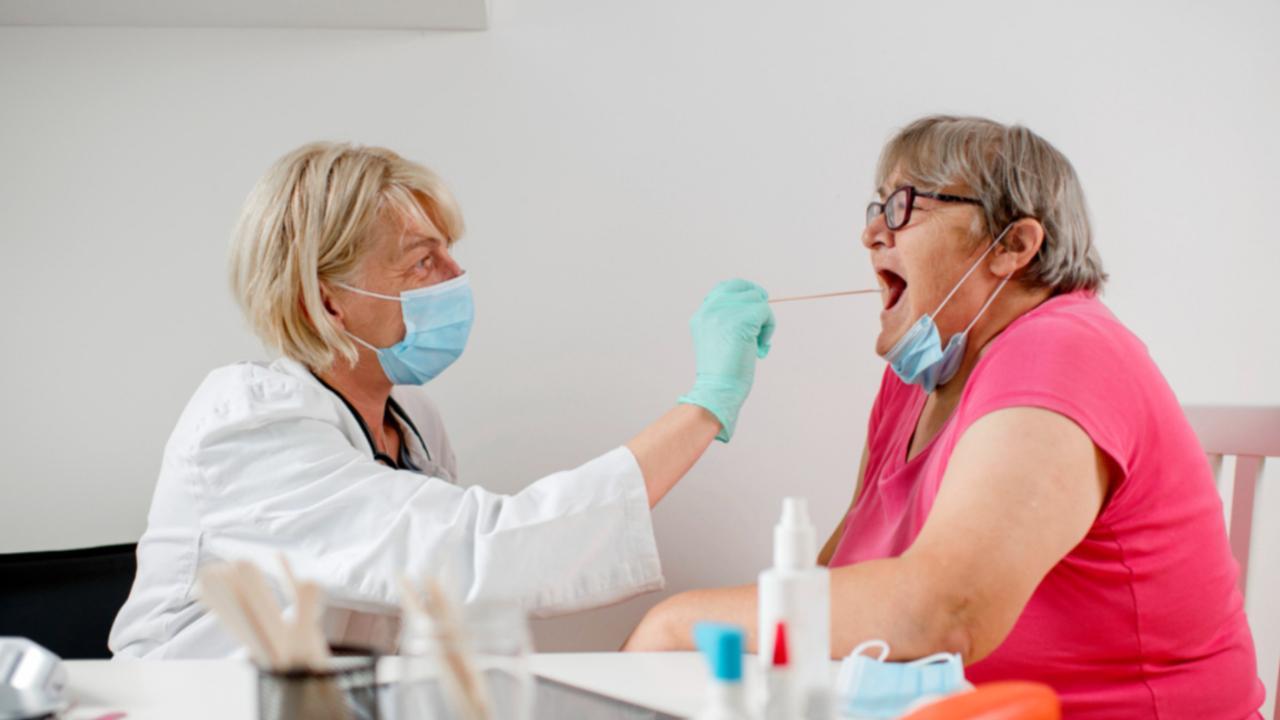The researchers analysed blood and lung samples taken from 13 obese patients with severe Covid requiring mechanical ventilation and intensive care treatment, and 20 controls

Studies have shown that people who are obese already have higher levels of key molecules associated with inflammation in their blood. Photo Courtesy: iStock
A new study carried out by scientists has identified that Individuals who are obese may be more susceptible to severe Covid-19 because of a poorer inflammatory immune response, which can affect the body's ability to fight infections.
Scientists at the Cambridge Institute of Therapeutic Immunology and Infectious Disease (CITIID) and Wellcome Sanger Institute showed that following SARS-CoV-2 infection, cells in the lining of the lungs, nasal cells, and immune cells in the blood show a blunted inflammatory response in obese patients, producing suboptimal levels of molecules needed to fight the infection.
Studies have shown that people who are obese already have higher levels of key molecules associated with inflammation in their blood. Thus it was earlier speculated whether an overactive inflammatory response explains the connection between severe Covid-19 and obesity. But scientists found it to be the "absolute opposite". They found that obese patients had underactive immune and inflammatory responses in their lungs.
To understand, the researchers analysed blood and lung samples taken from 13 obese patients with severe Covid requiring mechanical ventilation and intensive care treatment, and 20 controls (non-obese Covid-19 patients and ventilated non-Covid-19 patients).
Compared to non-obese patients, they found that cells in the lining of their lungs and some of their immune cells had lower levels of activity among genes responsible for the production of two molecules known as interferons (INF) -- interferon-alpha and interferon-gamma -- which help control the response of the immune system, and of tumour necrosis factor (TNF), which causes inflammation.
When they looked at immune cells in the blood of 42 adults from an independent cohort, they found a similar, but less marked, reduction in the activity of interferon-producing genes as well as lower levels of IFN-alpha in the blood, the researchers said in the paper published in the American Journal of Respiratory and Critical Care Medicine.
"This was really surprising and unexpected. Across every cell type we looked at, we found that the genes responsible for the classical antiviral response were less active. They were completely muted," said Professor Menna Clatworthy, a clinician scientist at the University of Cambridge.
The team was able to replicate its findings in nasal immune cells taken from obese children with Covid, where they again found lower levels of activity among the genes that produce IFN-alpha and IFN-gamma. This is important because the nose is one of the entry points for the virus -- a robust immune response there could prevent the infection spreading further into the body, while a poorer response would be less effective, Clatworthy said. The findings could have important implications both for the treatment of Covid-19 and in the design of clinical trials to test new treatments.
Also Read: Maha reports 128 new COVID-19 cases; active tally at 1,364
This story has been sourced from a third party syndicated feed, agencies. Mid-day accepts no responsibility or liability for its dependability, trustworthiness, reliability and data of the text. Mid-day management/mid-day.com reserves the sole right to alter, delete or remove (without notice) the content in its absolute discretion for any reason whatsoever
 Subscribe today by clicking the link and stay updated with the latest news!" Click here!
Subscribe today by clicking the link and stay updated with the latest news!" Click here!










